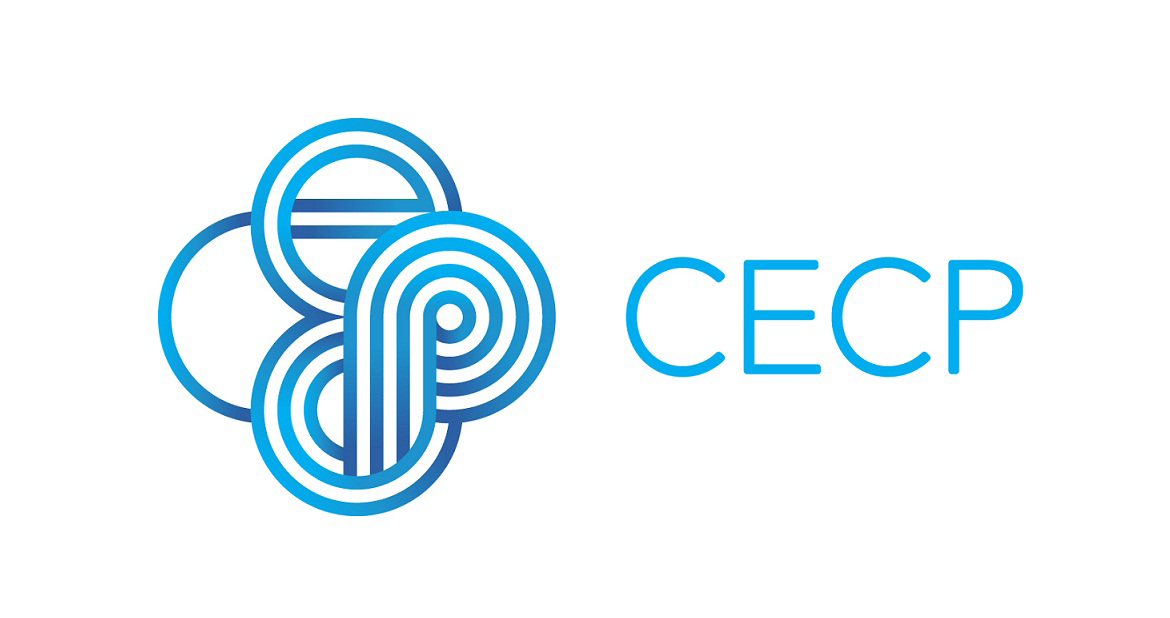Flexible and Genuine: Building a Strong Signature Program
2013 CECP Summit: Ahead, Together

The 2013 CECP Summit: Ahead, Together, brought chairs of foundations, CEOs, and corporate responsbility experts to NYC to discuss how to make corporate giving more effective. At a session on June 4, Eva Tansky Blum, EVP & Director of Community Affairs at PNC Bank and Lori Forte Harnick, General Manager for Citizenship & Public Affairs at Microsoft shared their insights during Adapting Signature Programs to New Realities, a panel moderated by Carol Cone, Global Practice Chair of Edelman Business + Social Purpose for Edelman.
In her introduction, Cone addressed some of the benefits of a signature program: bolstering a positive corporate image with stakeholders and creating a sense of community investment within the company. According to Cone, “signature programs reveal corporate character.” But as times change, signature programs need to adapt to new corporate and stakeholder expectations, and Blum and Harnick discussed how their companies have adjusted their programs accordingly.
In the best-case scenario, signature programs turn out to be wildly popular, which is what happened with PNC’s “Grow Up Great.” The program began nine years ago when PNC’s CEO, James Rohr, decided that the company’s prominence in local communities meant it could make a significant impact in early childhood education opportunities. From the beginning, PNC was committed to a program with measurable results, and which would provide opportunities for PNC employees to participate.
The program was launched with a 10-year, $100 million commitment. But that money ran out quickly, as the program which offers leadership, advocacy, funding, volunteers, and educational resources became hugely successful. Because of its astonishing success, PNC decided to continue the program’s funding and establish it as PNC’s signature program. Beyond reaching 1.7 million children and empowering over 100,000 teachers, Grow Up Great has also created new markets interested in PNC, made regional presidents experts in the field, and distinguished PNC on college campuses. PNC’s situation was certainly enviable, but it still required a major adjustment to extend the program past its initial commitment. Not only was it prepared to launch a program, the company was also willing to increase its commitment to match the demand.
Microsoft is already well-known for its community initiatives, but its signature program, YouthSpark initiative (announced in September 2012) unites its many worldwide programs into a single purpose. The goal is to create employment opportunities for hundreds of millions of youth around the world through partnerships with governments, nonprofits, and businesses. YouthSpark combines Microsoft’s global reach with its core competency (software, which it donates) to generate the largest possible impact. In addition, given Microsoft’s technology, they created micro giving site, where Microsoft matches contributions.
Today consumers have higher expectations for companies than just good products and services – they expect businesses to be part of the community. By being flexible and utilizing core competencies to create a genuine corporate character, PNC and Microsoft are two examples of signature programs done well.
Rebecca Mousseau is Director of Corporate Relations at Business Civic Leadership Center.

